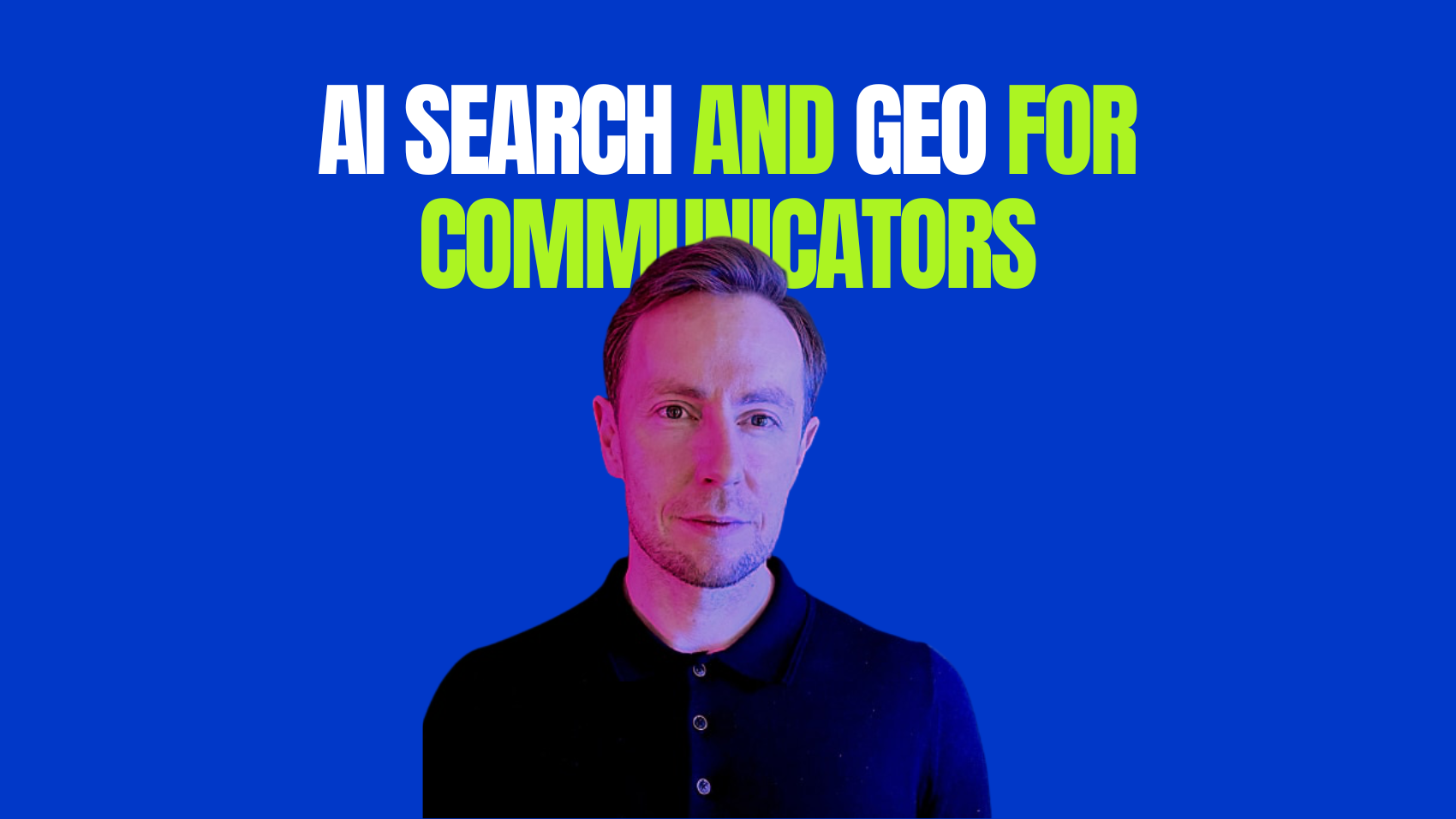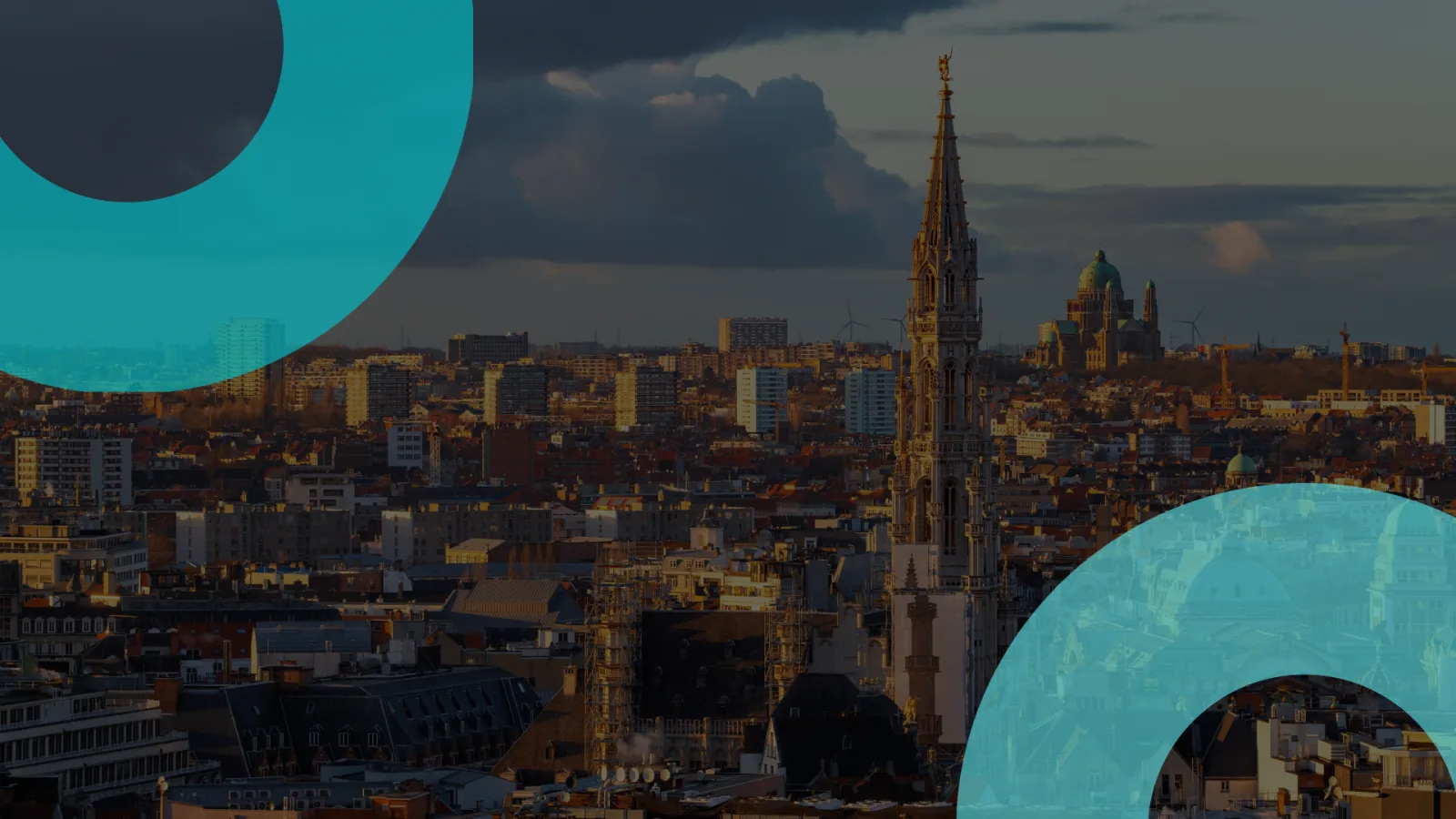

Welcome to the 21st edition of P World's Crisis Communications Boot Camp!
Benefits of attending:
Featuring 8 electrifying keynotes, a full-day crisis simulation workshop and over 5 hours of engaging discussions, attending the 21st edition of the Crisis Communications Boot Camp will help you reframe your crisis communications strategy for the new reality.
USE CODE CCB15 TO SAVE 15% OFF THE FINAL PRICE!
GROUP DISCOUNTS AVAILABLE! Save up to 30%! Contact us today for more info.
Key themes of the Boot Camp:
09.00 Morning Coffee
10.00 Opening Keynote: Crisis Communications in the New Reality
In this opening keynote, Kris will share with you the top reputation trends you need to know about in the new post-pandemic reality. He will also share how the COVID-19 crisis has changed the world of crisis communications, the tactics needed to maintain clear lines of communications and protect your reputation in times of crisis.
Donald Steel, Former Chief Communications Adviser, BBC, United Kingdom
10.40 Reputation Management in a Polarised World
In today's polarized world brands need to be prepared to take a stand. But how and when? And how should you prepare for this new polarized landscape? In this interactive presentation Lauren will focus on both grasping opportunities and mitigating risk in today's changing world. She will also talk about the importance of corporate resilience using data from FTI Consulting's Resilience Barometer.
Lauren Burge, Senior Managing Director at FTI Consulting - Head of Corporate Reputation, Belgium
Florence Hugenholtz, Senior Director, FTI Consulting
11.20 Why Crisis Communications Measurement Matters Now More Than Ever
In today's post pandemic reality, what used to matter, doesn't anymore. Nicole will share with you how to survive in this new environment by rethinking the concept of crisis measurement to protect and maintain your brand’s reputation in volatile times.
Nicole Moreo, Head of Customer Insights for North America, LinkedIn, USA
12.00 Lunch for Speakers and Delegates
13.00 Media Relations During Crisis in a Post-Pandemic World
The COVID-19 pandemic has turned the world upside down. In a world of constant crisis, it is important to understand when, how and with what type of information to approach the media as well as employees, customers, and other stakeholders. In this session, we'll dissect the current media climate and help communicators evaluate how and when to approach the media with crisis-related, and non-crisis related messages to ensure a receptive audience and productive approach.
Karina Auger, Senior Associate Director - Reputation, Issues & Crisis Management, APCO Worldwide, France
13.40 Crisis Communications in an Age of Fake News and Cybercrime
In this interactive session, looking at industry best practices, Mónica will showcase the steps you need to take to manage risk in a world of disinformation and to protect your organization’s reputation in a hostile cyber risk landscape.
Mónica Vicente Cristina, Managing Director Brussels, Weber Shandwick, Belgium
14.20 Crisis Management 4.0: An Unheard-Of Model for Practitioners
The question “between robots and big data, what’s left for humans?” is the new concern across all sectors. Nowadays, corporations operate in a light-speed environment where the viral spread of information, rumours, and fake news increases the risk and intensity of all crises.To face this new reality, leaders must embrace new technology and adapt ever faster whilst sharpening their strategic crisis leadership skills to protect their organisations' reputation. Before, during and after a crisis Big Data and AI can be valuable allies to obtain decision-critical information faster. Yet, since reputation relies on stakeholders' opinions and trust rather than what we say of ourselves, building and sustaining credibility throughout a crisis is essential to good response and recovery. So the question is: Will humans continue to have a role in crisis management? and how can humans balance machine thinking with empathetic leadership to engage with impacted stakeholders meaningfully?
In this session, Caroline will cover:
- What are the trends and the new tools for managing corporate crises?
- How is the Crisis Management 4.0 model different from what we already know about managing crises?
- What are the key crisis leadership competencies?
- What roles do stakeholders and AI play during a crisis?
- How and what to communicate during a crisis?
Caroline Sapriel, Managing Partner - CS&A International
15.00 Networking Break
15.30 Communications Beyond Communications: Effective Leadership in Times of Crisis
Communications is one of several key disciplines that is tasked with the management of a crisis. In his talk, Sietse Bakker gives a unique insight into crisis management from the perspective of the person who makes the final call in managing a crisis, whether it's the Chief Executive or, in his case, the Executive Producer of the largest and most complex television show in Europe, the Eurovision Song Contest. What do you need and expect from your communications professionals? What communications skills are required beyond them? And what is the true role of communications in a crisis? After having climbed the ladder in the organization for nearly twenty years, no one, including himself, could have foreseen that it would take every bit of those twenty years of Eurovision experience to steer Europe’s favorite TV show through the biggest crisis it had ever faced in its 65-year history.
Sietse Bakker, Executive Producer, Eurovision Song Contest 2021, Netherlands
16.10 Lessons Learned from Crisis Communications in Tourism and Aviation – What It Takes to Run a Crisis Comms Team in the New Reality
Drawing from his vast experience with events like 9/11, the 2004 SARS crisis, the 2009 ash cloud crisis, the 2015 Germanwings accident and the most recent COVID-19 pandemic, Martin Riecken will share with you the fundamentals of meeting expectations of your stakeholders in a crisis, how to deliver excellence in running a crisis team in the digital age and what it takes to turn crisis into opportunity.
Martin Riecken is Global Head of Internal Communications & Engagement at TUI, the world’s largest integrated tourism company. He is also responsible for the corporation’s global crisis communications. He previously held various international leadership roles at Deutsche Lufthansa and E.ON.
Martin Riecken, Head of Corporate Communications, TUI Group, Germany
16.50 End of Day One
10.00-16.00 Interactive Crisis Simulation Workshop with Donald Steel: Crisis Communications in the New Reality
In this extended workshop, leading crisis communicator Donald Steel explores how crisis communications is changing in the post-pandemic world.
Combining long standing best practice with ideas on how crisis communicators can effectively support those affected by the crisis and protect the reputation of the organisation they represent.
This highly interactive workshop includes an opportunity to work with your fellow delegates through a challenging but very engaging crisis scenario, harnessing social media, media interviews and a sensitive press conference.
You will return to work with:
- Donald’s ten top post-pandemic crisis communications tips
- An action plan to improve executive readiness for crisis communications
- A heightened awareness of how to communicate in an increasingly aggressive environment
At the end of this workshop you will:
- Understand the relationship between advance preparation and speed in crisis communications
- Be equipped to review your organisation’s tone, language and style on social media in a crisis
- Be familiar with aggressive question types in crisis media interviews and how to deal with them
- Be ready to review your organisation’s crisis communications plan in the light of the workshop
10.00 Ten top post-pandemic crisis communication tips
10.40 Crisis Scenario Part One - breaking news and the use of social media
11.10 Can you be social in a crisis and the role of the dark site
11.30 Crisis scenario Part Two - handling a media interview
12.30 Lunch for Speakers and Delegates
13.30 Crisis scenario Part Two (continued) - the media interview
14.40 Crisis scenario Part Three - press conference
15.40 Discussion, summary
16.00 End of Crisis Communications Boot Camp 21
Expand your brand! Partner with the Crisis Communications Boot Camp!
With 8 electrifying keynotes, over 5 hours of engaging discussions and a full-day crisis simulation workshop, partnering with the Crisis Communications Boot Camp will help your company meet its goals and gain valuable insights on the trends, challenges and opportunities in Belgium's communications industry.
Contact us today for one of our tailor-made sponsorship packages.
Address: Rue Auguste Orts, Grand Place 3-7, 1000 Bruxelles, Belgium
Phone: +32 2 516 90 90
Experience four-star elegance and service at Brussels Marriott Hotel Grand Place. Perfectly situated in the city center, our welcoming hotel is ideal for both business or leisure travel. Explore everything Brussels has to offer, from historic attractions to international organizations and corporations, all in easy reach. Within our stylish hotel, you'll be greeted by our expert staff, who are ready to assist you with anything you may need. Retreat to your restful accommodations, where you'll enjoy thoughtful amenities and cityscape views. Take time to dine in our steakhouse, featuring freshly prepared cuisine crafted from local ingredients. If meetings or an event bring you to Brussels, you'll be delighted with our sophisticated venues and comprehensive services. When it's time to venture out, let our concierge help you plan your excursions, whether you are looking for family entertainment or entertaining clients. Whether staying in the city center for work or fun, we look forward to welcoming you soon.

This program can also be delivered as a tailored in-house training for your organization. We adapt the content to your industry, objectives, and level of maturity, focusing on real challenges your teams face and the decisions they need to make. In-house formats allow your people to align on a shared approach, work through relevant scenarios, and build skills they can apply immediately.
If you’re exploring an in-house option, tell us a bit about your team, priorities, and timing, and we’ll recommend the right format.
Contact us about in-house training